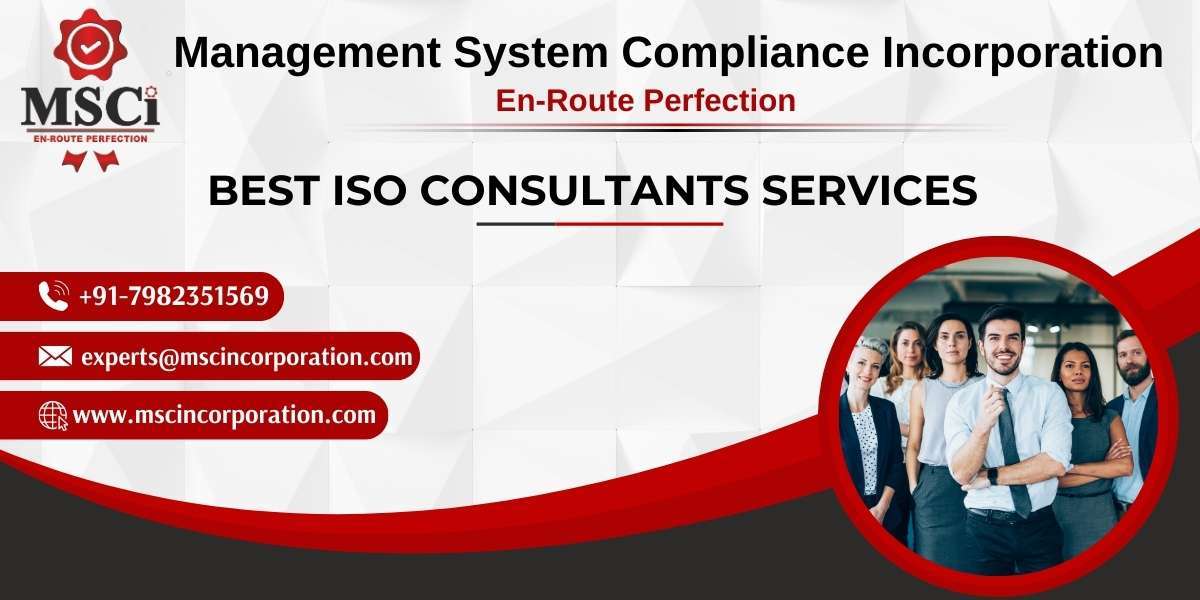Achieving compliance with ISO 13485, which sets the standards for quality management systems in the medical device industry, presents several challenges for organizations. These challenges can be complex and multifaceted, including regulatory requirements, documentation, risk management, and continuous improvement. ISO 13485 consultants play a crucial role in helping organizations overcome these challenges. Here’s a detailed look at the challenges and how consultants help address them:
Challenges in Achieving ISO 13485 Compliance
1. Regulatory Requirements:
Complexity and Variation: Different countries have varying regulatory requirements for medical devices.
Keeping Up with Changes: Regulations and standards are frequently updated, making it challenging to stay compliant.
2. Documentation:
Extensive Requirements: ISO 13485 requires comprehensive documentation of processes, procedures, and records.
Consistency and Accuracy: Ensuring that all documentation is consistent, accurate, and up-to-date can be difficult.
3. Risk Management:
Identifying Risks: Recognizing all potential risks associated with medical devices throughout their lifecycle.
Implementing Controls: Establishing and maintaining effective risk management controls and processes.
4. Resource Allocation:
Training and Expertise: Ensuring staff have the necessary training and expertise to implement and maintain ISO 13485 standards.
Time and Costs: The process can be time-consuming and costly, requiring significant investment.
5. Quality Management System (QMS) Implementation:
Integration: Integrating the QMS into existing processes without disrupting operations.
Sustaining Improvements: Maintaining continuous improvement and ensuring the QMS evolves with the organization.
6. Supplier Management:
Evaluating Suppliers: Ensuring that suppliers also comply with ISO 13485 requirements.
Monitoring and Auditing: Regularly monitoring and auditing suppliers for compliance.
How ISO 13485 Consultants Help Overcome These Challenges
Expertise and Knowledge:
Regulatory Guidance: Consultants have in-depth knowledge of regulatory requirements and can help navigate complex regulations.
Latest Updates: They stay current with changes in standards and regulations, ensuring the organization remains compliant.
Efficient Documentation:
Template and Tools: Providing templates, tools, and best practices for documentation to ensure consistency and completeness.
Document Review: Assisting in reviewing and auditing existing documentation to identify gaps and areas for improvement.
Risk Management:
Risk Assessment: Helping to conduct thorough risk assessments and identify potential hazards.
Risk Mitigation: Advising on appropriate risk mitigation strategies and controls.
Training and Development:
Customized Training: Offering tailored training programs to enhance staff knowledge and skills related to ISO 13485.
Workshops and Seminars: Conducting workshops and seminars to keep staff updated on best practices and new developments.
QMS Implementation:
Implementation Support: Assisting in the design, development, and implementation of a robust QMS.
Continuous Improvement: Providing strategies for continuous improvement and ensuring the QMS evolves with organizational changes.
Supplier Management:
Supplier Evaluation: Helping to evaluate and select suppliers based on their compliance with ISO 13485.
Auditing Suppliers: Conducting regular audits and monitoring supplier performance to ensure ongoing compliance.
Achieving and maintaining ISO 13485 compliance can be a daunting task for any organization involved in the medical device industry. The challenges are numerous and require a dedicated approach to overcome. ISO 13485 consultants bring specialized expertise, practical tools, and proven strategies to help organizations navigate these challenges efficiently. By leveraging the support of consultants, organizations can ensure they meet regulatory requirements, maintain high-quality standards, and continuously improve their processes and products.







